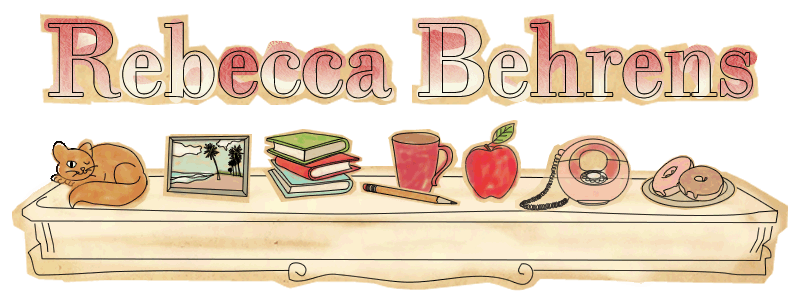This week I’m returning to a sh!tty first draft from a long hiatus. It’s been so long and the draft is so raw that I don’t know whether to call this an extension of drafting, rewriting, or revising. It’ll probably be all three.
I get nervous when I start a revision, for a lot of reasons but mostly because I’m afraid of making the MS worse. The phrase that pops in my head as I work is a famous one from the Hippocratic Oath, “First, do no harm.” [Oh, wait. Apparently that line was never explicitly stated in the actual oath itself.] Anyway, my manuscript is like a sick patient and I’m standing at the operating table, scalpel in hand, not totally sure what to do. All I know is that I want the story to get better, and I better not hurt it.
It makes me wish that there was a writers’ Hippocratic Oath for Revisions; something to guide the process or the way I should approach the daunting work. So I wrote one.
The Hippocratic Oath for Revisions/Rewrites
—Adapted from the Modern Hippocratic Oath, which was written in 1964 by Louis Lasagna, Academic Dean of the School of Medicine at Tufts University. The Modern Hippocratic Oath is used in many medical schools today. Full text of the oath: The Hippocratic Oath Today
I swear to fulfill, to the best of my ability and judgment, this covenant:
I will respect the hard work I already have done on this manuscript, and I will gladly view this revision (including its successes and missteps) as a learning experience for the manuscripts to follow.
I will apply, for the benefit of the sick story, all measures [that] are required to make it well, avoiding those twin traps of overcorrection and “therapeutic nihilism,” or the idea that fixing what is wrong with the story is impossible.
I will remember that there is science to writing as well as art. I will seek out craft advice as well as my own creativity. I will remember that showing warmth, sympathy, and understanding to myself, the author, may outweigh draconian work schedules or self-criticism. (Conversely, I will commit to regular and focused work on the task at hand.)
I will not be ashamed to say “I know not,” nor will I fail to call in my beta readers, CPs, and writing friends when the skills of another are needed for a manuscript’s recovery.
When making changes, I will remember this: First, do no harm. I will prevent creating new problems whenever I can, for prevention is preferable to cure. Most especially must I tread with care in matters of cutting and adding. If it is given me to save a book, all thanks. But it may also be within my power to trunk a book; this awesome responsibility must be faced with great humbleness and awareness of my own strengths and weaknesses.
I will remember that I remain a member of the writing community, with special obligations to all my fellow writers as well as readers. I will respect the great storytelling tradition as I work. I will think of words and meaning, not sales figures and markets.
If I do not violate this oath, may I enjoy life and art, respected while I live and remembered with affection thereafter. May I always act so as to preserve the finest traditions of my calling and may I long experience the joy of writing. Even in the midst of revisions.
So, writer friends: What have I left out of the oath? Or what should be cut?



Love it! That’s exactly why I’m wary of initially starting revisions – it already seems like a huge task, but what if I make twice as much work??
Good luck with your drafting/rewriting/revising!
This is awesome 🙂 I know what you mean about worrying that you’ll just make it worse. Sometimes you just have to trust in the reasons you wrote it a certain way in the first place and not ‘overpolish’ it.
Not sure if you noticed, but that guy’s last name was lasagna. Lasagna?! Nice.
Thanks for sharing this and good luck! 🙂
I echo Jaime here–your oath is great, but it was written originally by a guy named LOUIS LASAGNA? He sounds like a distant relative of the Mario brothers.
I love the last name Lasagna! So cool.
I feel like (for me) there is a fine balance between trusting what I wrote and being lazy, or fearful of change. The hardest part of revising is determining which side of the line I’m on for each change.
Oh my goodness! Best blog post I’ve read all week, for sure! I’m thinking I need to print a copy of this out, frame it, and display it beside my computer at all times. And yes, I noted and loved the last name Lasagna too. (And now I’m craving Italian!)
Thanks, Katy!
(I think it is a result of this post that I am eating Italian for dinner.)
I think threaded comments are now working for me!!
I love this! I’m in the middle of revisions right now and I want to follow these points too. Good luck with your WIP!
(False alarm, threaded comments still buggy)
Good luck to you, too, Ghenet!